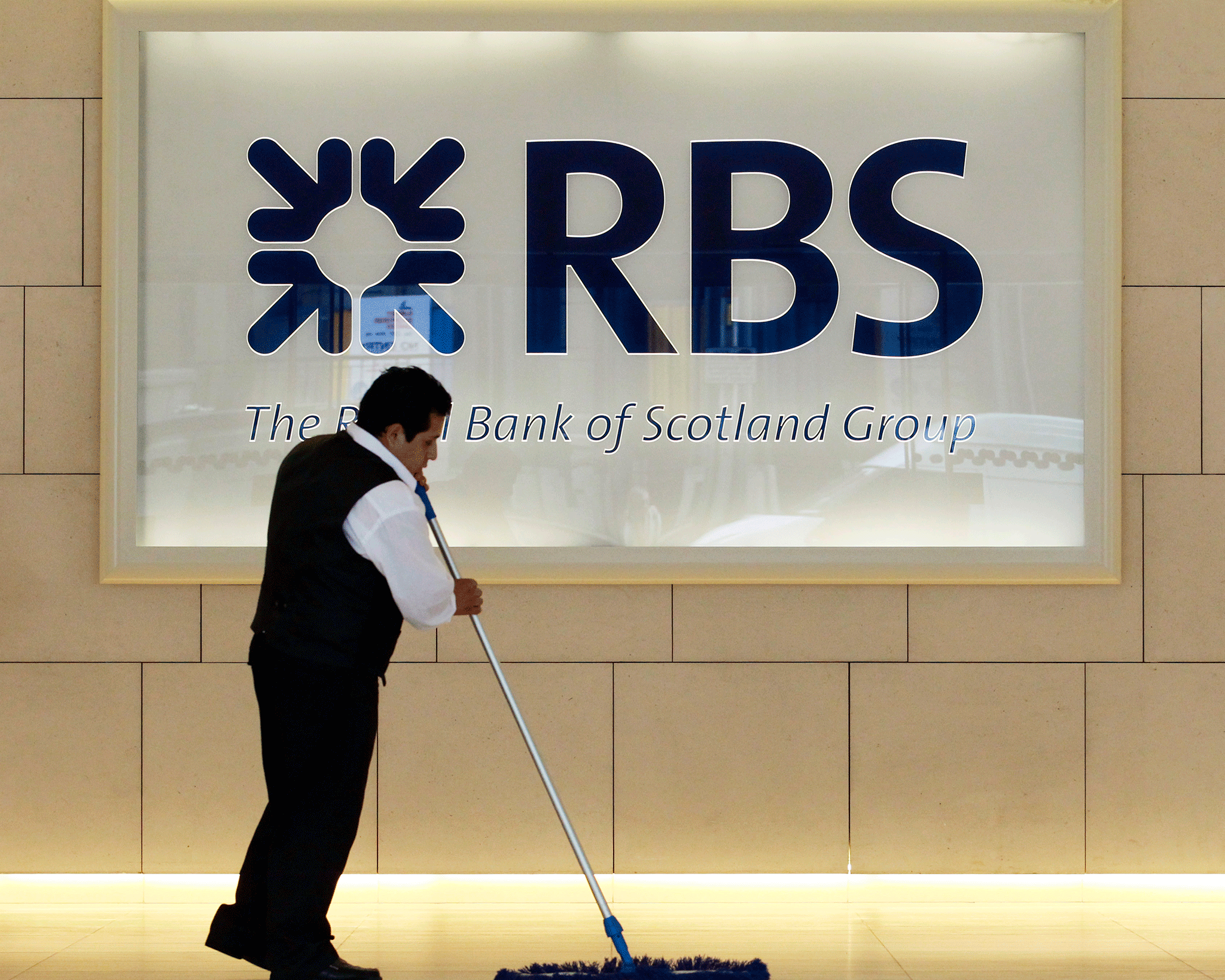RBS, the Bank of England, and why there are good reasons to be stressed
The bank has once again failed a stress test. That's worrying as we enter a very real stressed scenario that could be every bit as nasty as anything the Bank of England has dreamed up

On balance it’s probably not a surprise that RBS is on the Bank of England’s naughty step again, having failed the latest set of stress tests.
It has been under semi-permanent stress for the last eight years, with no realistic end in sight. This does rather raise questions about whether management and Government are going about fixing its issues in the right way.
The former would still tell you it’s aiming to pay a dividend as soon as possible. The latter wants to sell, also sharpish. The reality is neither is going to happen but the bank has long been managed with those aims in mind. Is that really the right way to go about fixing this bank? If, indeed, it can be fixed after the next batch of fines, penalties and legal problems have landed on it.
How will RBS handle a stress scenario then? Not well, if the latest results are anything to go by.
There are those who have responded to them with equanimity. The have stated that the failure should have been expected while noting that the test considered the bank’s balance sheet at the end of last year and it has sinced developed a capital plan to fix the problem.
They have also, as ever, described the Bank of England’s grim scenario used to test the banks' resilience as “extreme” and “unlikely”. For the record it is pretty horrible. It envisages a UK and global economic crisis, with this country seeing 4.3 per cent wiped off GDP, unemployment rising by 4.5 percentage points, house prices falling by 31 per cent, commercial property values by 42 per cent.
The rest of the world endures a similarly unpleasant set of circumstances, with global growth cratering at -1.9 per cent, a Chinese recession, an oil price slumping to $20 and a flight from risk as investors run for cover.
That couldn’t actually happen, could it? Even were another once in a generation nasty to come along, it couldn’t get that bad. Could it?
Don’t be so sure. The Bank explains an inconvenient truth about its scenario thusly: “Overall, the UK stress is roughly equivalent to that experienced during the financial crisis, albeit with a shallower fall in domestic output and a more severe rise in unemployment and fall in residential property prices.”
So something like it has happened, and quite recently. And something like it might be about to happen again.
The tests are devised in advance, but the Bank still deserves some heat for not simply extrapolating the worst case scenario from the situation we are now entering. That is, Brexit, the election of Donald Trump, leading (and here’s where I’m extrapolating all too plausible nasties) to a brutal domestic recession exacerbated by a global trade war with the UK set adrift from the main trading blocs. Its trade deficit leads to a further devaluation of the pound, inflation, higher interest rates to keep it in check at the worst possible time as the international investors that finance the budget deficit become wary of investing in UK paper
How’s that sound? Where would RBS end up after a scenario like that?
The reason these tests are important is because we are entering a stressed situation right now. It won’t happen overnight. But a crisis may be cominng and we’d better hope for the sake of everyone that the banks can cope with it.
Were something more like the Bank of England's scenario to have happened at the end of last year, RBS wouldn’t have coped. Nor, incidently, would Barclays, which got one of the retrospective passes the Bank likes to give out by dint of it raising capital by selling its African business. Standard Chartered also looked shaky.
But it’s RBS, shares in which took a nasty hit in London trading, that should be giving policymakers sleepless nights. When they’re not worrying about deeply indebted Britons financing their spending on tick while the economy heads into a pit. Really, who’d be a central banker or a regulator right now?
If they'd like to get at least a couple of hours shut eye in, it might be time for a word in the shell like of RBS and UK Financial Investments. Forget about your ambitions. Manage RBS to conserve capital at all costs. The stockmarket won't like it, but the stockmarket can whistle.
Join our commenting forum
Join thought-provoking conversations, follow other Independent readers and see their replies
Comments
Bookmark popover
Removed from bookmarks